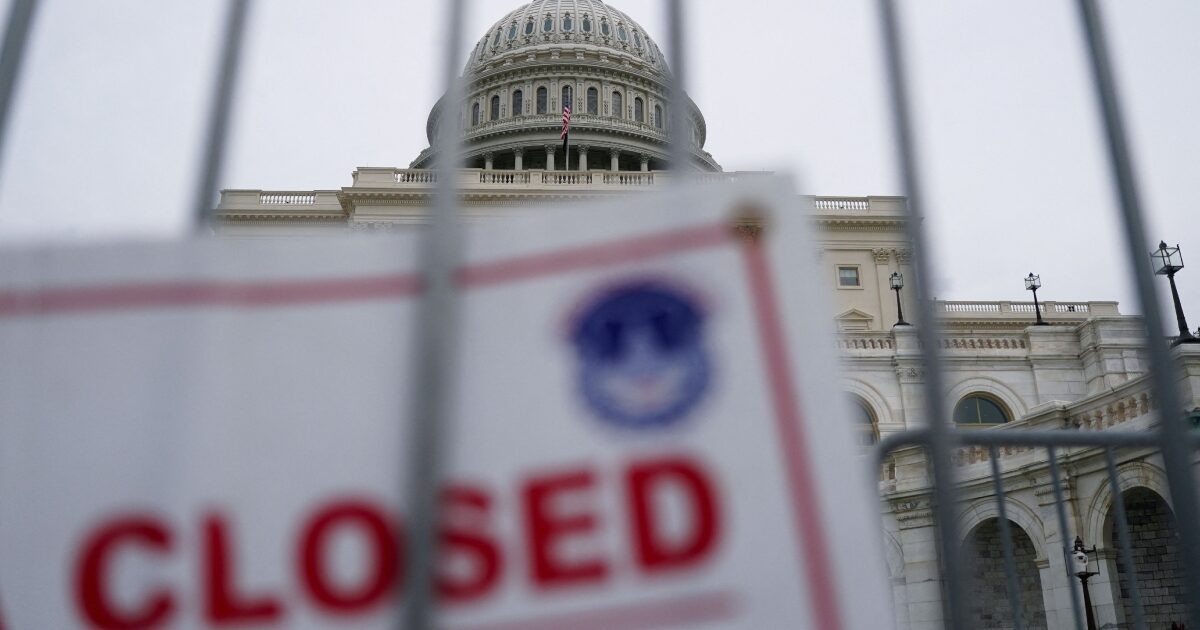In one month it arrived shutdown of the federal government at USA and the effects now “touch” tens of millions of households.
According to Bloomberg, as of today, 01.11.2025, delays and suspensions due to the shutdown that the Government has declared in the USA, are hitting basic benefits, first of all food stamps (SNAP), while child care programs and heating assistance enter a high risk zone.
The brake on SNAP payments means millions of low-wage workers and families with children could find themselves without monthly support for basic food items. The pressure is not only social but also economic, as specific provisions directly feed consumption in thousands of grocery stores and supermarkets, especially in rural and urban “food deserts”.
On the early childhood education front, dozens of Head Start programs in more than 40 states are facing funding cuts, risking temporary closures. For thousands of children from vulnerable households, it’s not just babysitting, but a package of services that includes meals, screenings and family support. The loss of this daily “shield” is transmitted in chains to their parents and employers.
At the same time, the federal heating assistance program (LIHEAP), which every fall funnels billions of dollars to states and municipalities to cover heating bills, has been “blocked.” With winter approaching and energy prices on the rise, millions of households are at risk of credit delays or even disconnections if funds are not released immediately.
Adding to the current impasse is the fiscal impact. According to recent estimates cited by the Congressional Budget Office, each additional week of shutdown extension takes a significant bite out of fourth-quarter activity, as federal employee wage arrears pile up, services are frozen and government payments to the economy are delayed.
In everyday infrastructure, the strain is evident: air traffic controllers and airport security staff are working with late or no pay, increasing the risk of delays. Small businesses are seeing SBA loans and approvals delayed, while passport and consular services that depend on federal funds are experiencing delays.
States attempt to “patch” the gaps with emergency credits to food banks and social funds, but their capabilities are limited and uneven. Even where reserves exist, they cannot permanently replace billions in federal inflows. The result is a mosaic of unequal protection for the beneficiaries, depending on their place of residence.
The political deadlock remains the main obstacle. Controversy over the order of moves – whether to open the government first or negotiate controversial spending – is keeping the funding spigot closed. In the meantime, the courts enter the game with injunctive measures to give at least some payments to certain categories of beneficiaries, but so far there is no horizontal solution.
